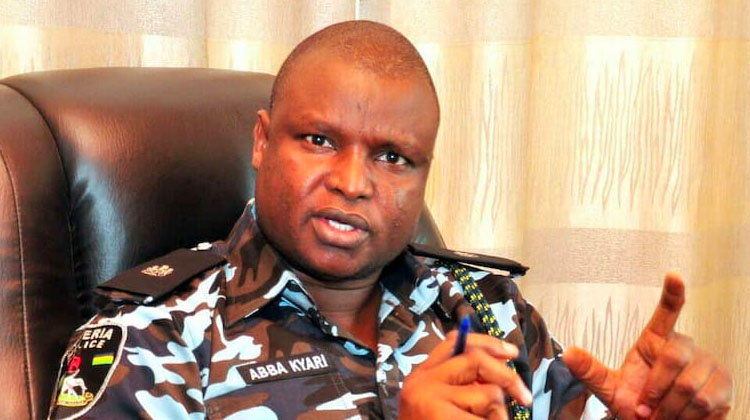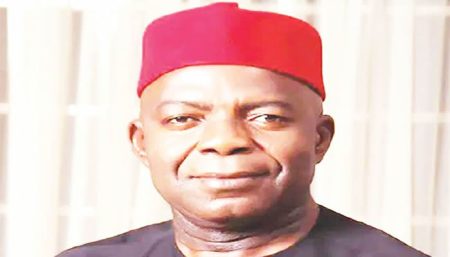The International Human Rights Commission (IHRC) in Nigeria has made a controversial appeal to President Bola Tinubu to grant a presidential pardon to the suspended Deputy Commissioner of Police, Abba Kyari. The IHRC argues that Kyari’s reinstatement, under strict conditions and oversight, could be a valuable asset in combating the escalating insecurity plaguing the nation. Citing rising terrorism, kidnappings, organized crime, and banditry, the IHRC frames their appeal as a matter of national security, suggesting that Kyari’s experience and tactical knowledge could be instrumental in addressing these threats. They emphasize that this is not an attempt to circumvent justice or interfere with ongoing legal proceedings against Kyari, but a pragmatic approach to leveraging potentially valuable expertise for the greater good of the nation.
Central to the IHRC’s argument is the concept of “conditional clemency,” enshrined in Section 175 of the Nigerian Constitution. The commission points to international precedents where individuals with specialized skills, even convicted criminals, have been reintegrated into national service under strict legal frameworks. They cite examples such as the recruitment of former hackers by governments for cybersecurity enhancement and the conditional amnesties offered to ex-warlords in post-conflict zones to facilitate peace and stability. The IHRC posits that a conditional pardon for Kyari, subject to public accountability, could transform him from a controversial figure into a rehabilitated asset in Nigeria’s fight against crime.
The IHRC strongly emphasizes that conditional clemency should not be misinterpreted as forgiveness or impunity. Rather, it should be viewed as a strategic tool within the broader national security strategy, particularly when the individual possesses proven capabilities that could significantly contribute to national stability. They underscore that any such reintegration must be conducted lawfully and transparently, with robust oversight mechanisms to ensure accountability. The IHRC believes that President Tinubu is uniquely positioned to make this potentially groundbreaking decision, urging him to consider it a strategic move to align justice, constitutionality, and national interest in restoring peace and confidence in the country’s security architecture.
The commission acknowledges the ongoing judicial proceedings against Kyari and reiterates its respect for the rule of law. They clarify that their appeal is not intended to influence the court’s decisions, but rather to explore a potential avenue for national security enhancement, especially if the ongoing trial proves protracted or impractical in addressing the immediate security challenges. The IHRC calls for a national dialogue involving civil society, legal experts, human rights defenders, and security policymakers to discuss how Nigeria can effectively balance justice with national resilience. This dialogue, they argue, should focus on developing a framework for rehabilitative reintegration that prioritizes public interest and national security.
The IHRC’s appeal hinges on the premise that Kyari’s proven tactical and intelligence capabilities could be invaluable in combating Nigeria’s complex security landscape. They highlight his past successes as a leading anti-crime officer, citing his involvement in operations against kidnapping syndicates, narcotics networks, and terrorist cells. While acknowledging the seriousness of the charges against him, including his 2022 indictment in a cocaine trafficking case and ongoing prosecution by the National Drug Law Enforcement Agency, the IHRC suggests that his potential contribution to national security warrants consideration of a conditional pardon. The commission frames this not as a matter of political favoritism, but as a strategic decision prioritizing national interest in a time of crisis.
The IHRC’s call for conditional clemency for Abba Kyari represents a complex and potentially contentious proposition. Balancing the need for justice and accountability with the urgency of addressing national security concerns requires careful consideration and robust public debate. The commission’s proposal seeks to navigate this delicate balance by advocating for a framework of rehabilitation and reintegration under strict legal and ethical oversight. Whether this approach can reconcile the competing demands of justice and national security remains to be seen and will undoubtedly be subject to intense scrutiny and discussion within Nigerian society.














